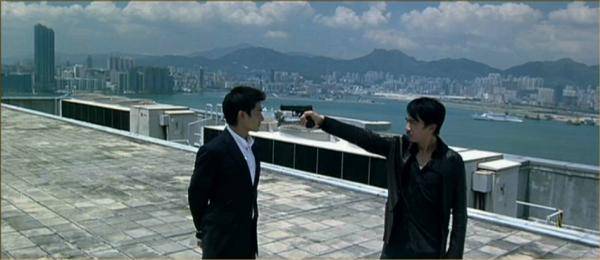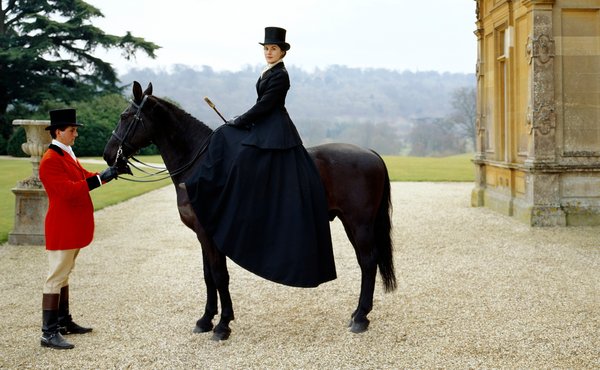Creator: Graham Yost
The initial concept of this show, beyond adapting an Elmore Leonard short story, seems to have been to create a western set in modern America. That concept has a lot of potential, but I am not so sure it reached that potential in the first season. The first episode is great in setting up our main character of Raylan Givens, a lawman who does not have as much respect for the law as you would think. But the next six or so episodes did not advance that character or the plot very much. They were mostly standalone episodes that did not give a strong desire to watch the next one, though I will say that even the worst of those standalone stories was entertaining.
The last few episodes though get into more serialized storytelling, and it pays off very well in the final episode. Those last few episodes solidified the show as more than just a few entertaining characters who frequently say clever lines. The juxtaposition of two son's who ended up in different places, Raylan and Boyd, was fascinating and it culminated in a great final episode that fully took on the daddy issues theme of the season. I'm not sure if the final couple episodes truly make up for the wandering in the rest of the season, but I cannot deny that the show is always fun to watch even when there's nothing particularly important going on. If the show continues the serialization then it can definitely turn into something great.
Grade: B-




















